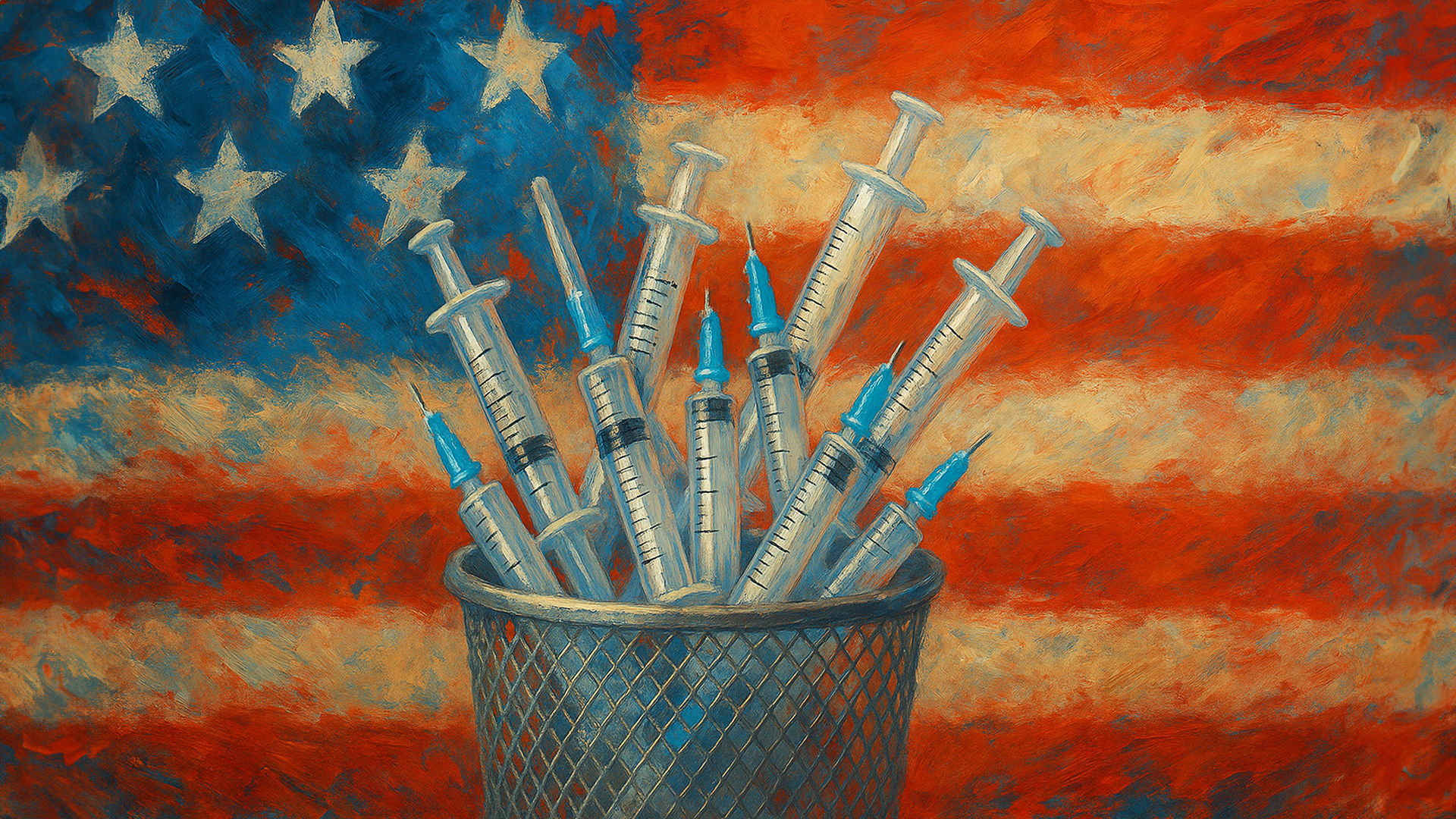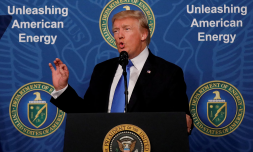In a pivotal moment for global health cooperation, the US has chosen not to sign the world’s first international pandemic agreement, distancing itself from the future of pandemic preparedness.
The COVID-19 pandemic tested the world in circumstances that were never before seen. From governments, to the public, the crisis exposed vulnerabilities and resilience across health, economic, and social systems on a global scale.
Nations with robust social safety nets and responsive governance were able to cushion the blow that came with the crisis. However, less developed countries were not able to do the same, highlighting disproportionate and worsening inequalities.
As a result of these exposed weaknesses in global systems, many countries came together at the World Health Assembly for discussions. After three years of going back and forth, the Assembly officially adopted the world’s first Pandemic Agreement.
A major focus of the treaty is stronger global cooperation and improved information sharing during pandemics, including better disease surveillance, regulations, and public communication.
Focus was put into ensuring equitable access to vaccines, diagnostics, and treatments. As such, in the case of a future pandemic, participating pharmaceutical manufacturers are required to allocate 20% of their production of vaccines, medicines, and tests to the World Health Organisation (WHO). The organisation will then distribute them to low-and-middle income countries to reduce the accessibility disparity.
Nations who endorse the agreement are expected to commit to strengthening their health systems. This includes expanding the healthcare workforce and investing in research and development.
Currently, the treaty has received 124 signatures and only one did not participate or sign the agreement, and that – unsurprisingly – is the United States.
So, why did the US pull out of the agreement? Well, the Biden administration was all for the treaty until Trump came in, and whammied any negotiations when he withdrew from the WHO entirely. In fact, in his first term, Trump constantly berated the organisation, citing WHO’s perceived mishandling of the pandemic.




















